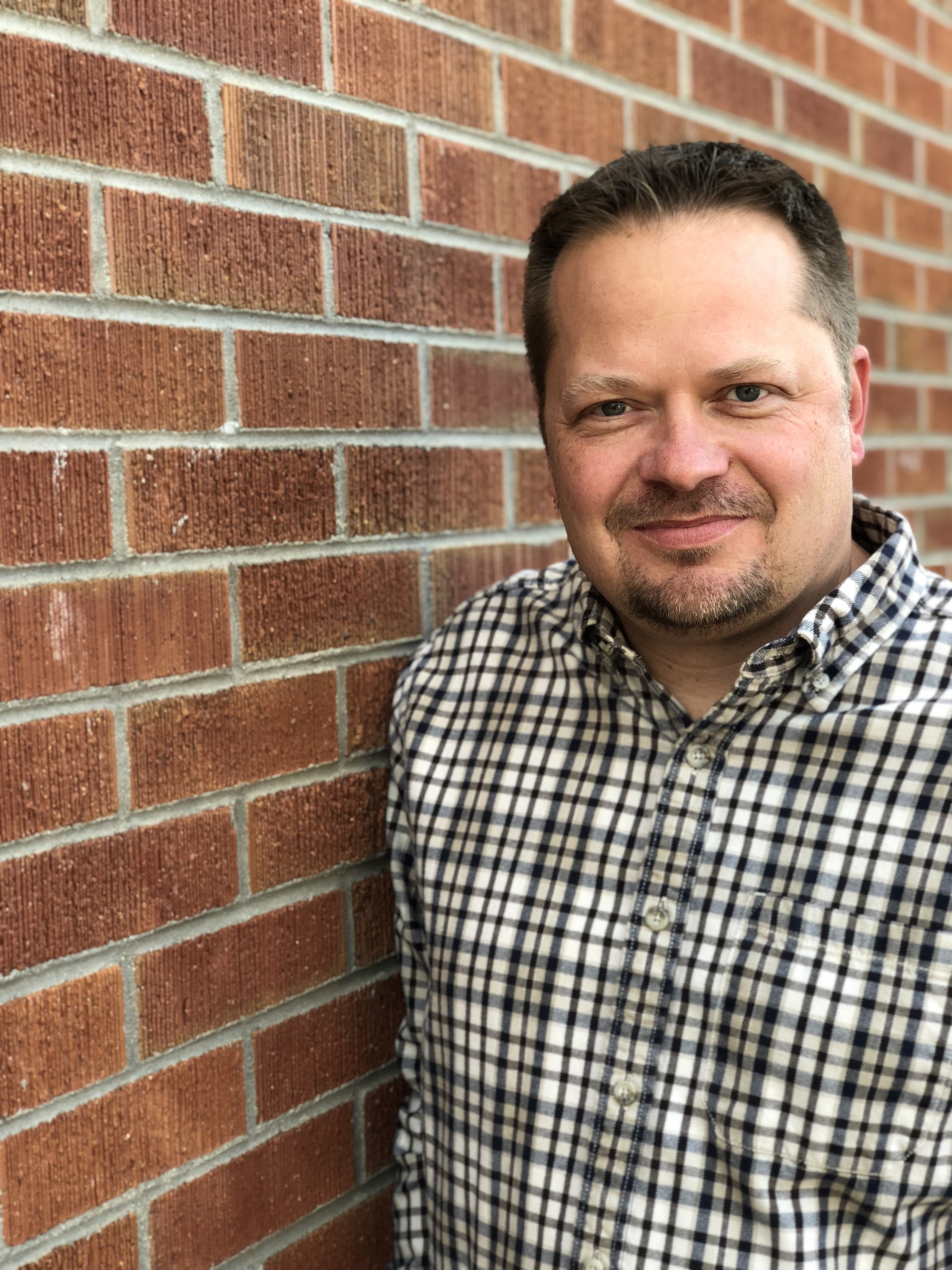One of the things you hear a lot in recovery is, “Accountability, accountability, accountability.” And accountability is an invaluable tool when seeking to overcome any type of behavior that is troubling or addictive. Yet, there are some pitfalls that might hinder the effectiveness of accountability and potentially lead to problems.
There is no relationship context for the level of sharing.
Many starting out in recovery dive right into sharing with whoever will listen to them. Kudos for the enthusiasm about living life in the open! This is an okay place to start, but it is not sustainable. Sharing too much too soon works in a support group setting, but in real life relationships, this is off-putting. Work to establish meaningful relationships that have a mutual level of sharing and consist of more than simply “reporting behaviors.” Living life together means sharing the good and the bad. And, you need to talk about more than your problems.
You don’t meet often enough.
Another issue in accountability relationships is that the times together are too inconsistent. When there isn’t regular contact, each time together is like starting all over again. There is a backlog of sins to confess, and the more there is to share, the more difficult it can be. The consistency of meeting needs to be worked out together. If it isn’t possible to meet face to face, regular check-ins over the phone can help to bridge the times between.
You don’t ever talk about what is going on underneath.
Confessing sin is super important and helpful. True repentance involves confession and turning away from the sin. When we do not have an understanding of why we are sinning in the first place, we get stuck in a cycle of sin. Talking through the underlying issues that are driving us towards sin (shame, fear, past wounds, etc…) gives us the opportunity to address the real problems. True repentance comes when we are taking responsibility for our growth and allowing God to heal our wounds.
You have too many people you are accountable to, but no one knows everything.
Another reason accountability may not be working is that many are only practicing pseudo-accountability. A lot of people know a little piece of the picture of things you are struggling with. This feels like accountability and may even feel really good, because you are coming clean. But this is a type of game-playing and image management. Until you can let go of protecting your image and experience what it is like to be fully known, there will always be a fear that if people knew the whole story, they wouldn’t love or accept you.
How has accountability been working for you?

Roger Jones
Executive Director
Make a Difference in Someone's Life
If you enjoy reading WGA’s blogs and would like to show your support, please consider making a donation. Where Grace Abounds is a 501(c)3 non-profit organization. The majority of services, including support groups and discipleship counseling, are provided free of charge. Your financial gifts help to cover the costs associated with offering a free program to those who seek WGA’s services.

